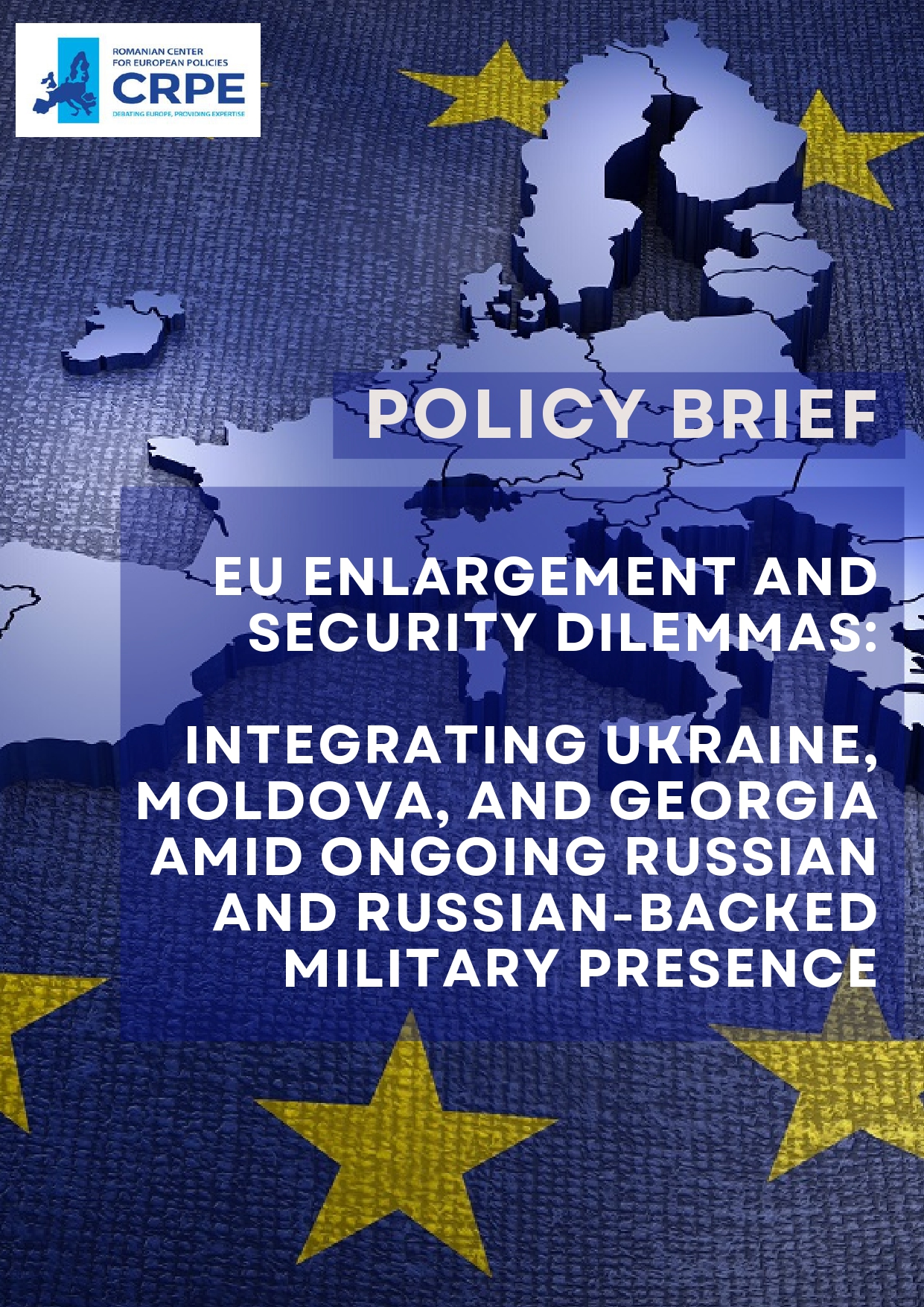As the European Union redefines its geopolitical role, the prospect of enlargement to include Ukraine, Moldova, and Georgia stands as both a strategic opportunity and a profound security dilemma. All three countries face ongoing territorial conflicts involving Russian or Russian-backed forces, raising the question of whether the EU can — or should — accept members whose sovereignty is partially compromised. Yet, far from disqualifying them, these challenges may underline why EU integration is more essential than ever for regional peace and stability.
A trio of resilient aspirants
Despite the ongoing Russian invasion of Ukraine and the destabilizing presence of Russian influence in Crimea, Donbas, Transnistria, Abkhazia, and South Ossetia, Ukraine, Moldova, and Georgia have demonstrated remarkable resilience and a sustained commitment to European integration. Each has signed Association Agreements, implemented Deep and Comprehensive Free Trade Areas (DCFTAs), and advanced reform agendas. Since Russia’s full-scale invasion of Ukraine in 2022, the EU has responded with accelerated enlargement steps, granting all three countries candidate status, a clear signal of political and strategic alignment.
Georgia, however, presents a more complex case nowadays. While its society remains overwhelmingly pro-European, the country’s leadership has taken an increasingly authoritarian and pro-Russian turn in the last years. Democratic backsliding, including restrictive laws targeting civil society and media, has stalled Georgia’s EU path and led to the suspension of membership talks. This divergence highlights the importance of democratic governance as a cornerstone of the enlargement process.
This policy brief argues that unresolved conflicts do not automatically preclude EU accession. Drawing on the precedent of Cyprus, which joined the EU in 2004 despite its internal division, the brief shows how legal flexibility and political will can overcome territorial obstacles. However, the Cyprus model cannot be copy-pasted. The direct involvement of Russia, the intensity of active conflict in Ukraine, and democratic setbacks in Georgia require adaptive, country-specific strategies.
The EU must move from reactive conflict management to proactive conflict transformation. This includes expanding economic integration beyond DCFTAs, investing in cross-border infrastructure, promoting reconciliation and civic engagement in conflict zones, and developing a unified EU Black Sea strategy. Enlargement should not be contingent on perfect stability, but rather used as a lever to build it — with conditionality, creativity, and credibility.
A test of the EU’s credibility and capacity
Ultimately, integrating Ukraine, Moldova, and Georgia is about more than borders. It is a test of the EU’s identity as a peace project and geopolitical actor. By embedding these countries within the EU’s legal, economic, and normative frameworks, the Union can transform long-standing conflict zones into pathways for reconciliation and resilience — not despite insecurity, but because of it.
————————————————
This policy brief was authored by Delia Dincă, part of the internship programme at CRPE. We encourage our interns to research and publish on topics of strategic importance for Romania and the EU, and to contribute fresh, analytical perspectives to ongoing policy debates.
————————————————-
CRPE reports on Ukraine, Moldova or Georgia
More CRPE reports targeting Ukraine, Moldova or Georgia:
CSOs sustainability and the growing impact of external threats – Most CSOs underline an increasing threat coming from their national illiberal governments, especially in non-EU countries, such as Georgia, Armenia or Azerbaijan, but also affecting EU member states, including Hungary and Romania, with legislative changes putting additional pressure on the CSO sector. Hate speech against CSOs is on the rise, with the political parties and state-funded media ginning up public pressure to impact their activity. Disinformation against the sector is wreaking havoc, especially implying that CSOs are used for “destabilizing” the countries (usually) with the support of foreign actors.
Romania – Moldova Strategic Partnership: How Bucharest can support the pro-European and reform agenda in the Republic of Moldova – The Romanian Centre for European Policies and the Foreign Policy Association analyzed the priorities taken on by the Romania – Moldova Strategic Partnership launched on April 27, 2010, the recent actions taken in Bucharest and the immediate needs of Chisinau, and publishes today the short-term action priorities to support the reform agenda of the Republic of Moldova.
Ion Ceban’s Adventures in Romania – Ion Ceban is the new controversial figure in Chisinau who has the backing of some political leaders in Bucharest. He joins a long list of seemingly inexplicable decisions taken by Bucharest (or some of its leaders) in the strategic relationship between Romania and Moldova. Ion Ceban’s relationship with Romanian political leaders continued to strengthen appreciably throughout 2022.
